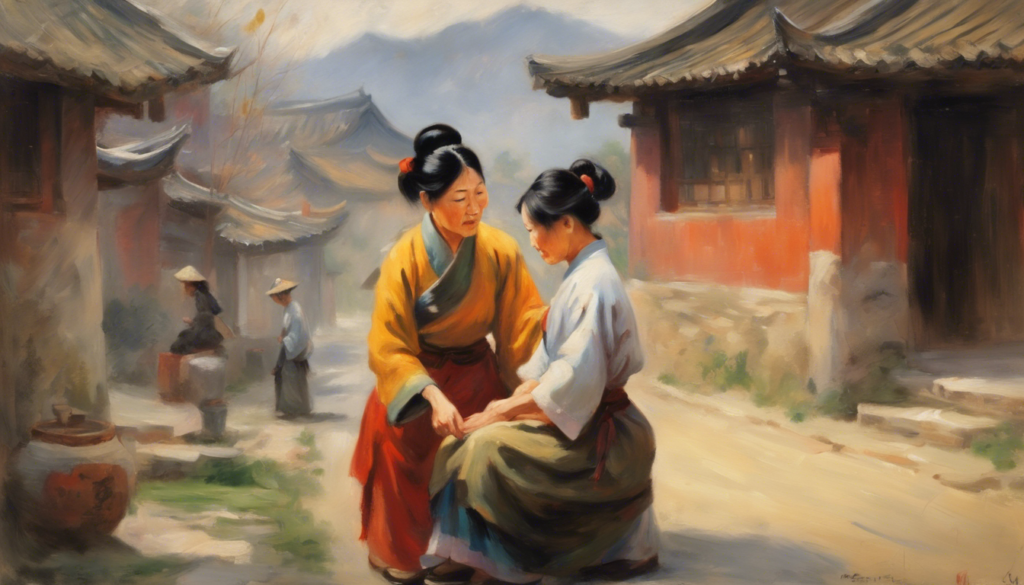WHEN SHOULD A WOMAN GET MARRIED? Maybe never! The benefits or otherwise of marriage has suddenly become a hot topic in China, after a viral media interview in which mothers were asked to list the benefits of being a married woman—and could not think of any.
This was a bit of a shocker, since the Chinese have always valued the concept of marriage and the importance of offspring, with temples and statues dedicated to themes related to family life.

But it is clear that in modern Chinese society, things have changed—and geography plays an important role. The indications are that the more remote the region, the earlier local people get married.
Many young people say they cannot think of a good reason to get married. The advice they get from their parents is that people “should” get married before the age of 30, which has been the fixed rule from generation to generation. Some parents talked of social disgrace for themselves: “If you don’t get married by the age of 30, I’ll be laughed at by my relatives and friends.” (In the present media-driven debate, none of the parents named “love” as a reason to get married.)
Also, many educated young people work in first- or second-tier cities, far from their hometowns, where they have absorbed more ideas of being independent and self-oriented. This has further aggravated the gap between the two generations.
VOWING TO STAY SINGLE
But there are historical antecedents for women choosing not to get married. There is a centuries-old tradition in China for women to choose not to get married, and to instead become “comb sisters” (自梳女).
The reason for this name is that unmarried women traditionally wore their hair in long braids. After marriage, the older women of the community would help them arrange their hair into a bun—the style for wives and mothers. These single-for-ever women were called comb sisters because they wanted to change their hairstyles to the mature look without being married—as a sign of independence.

Becoming a comb sister required a special ceremony. Respected villagers would choose an auspicious day and time to hold the ceremony. Several older women would host the combing ceremony, during which the women who wanted to become comb sisters would change their hairstyles and take a vow never to marry.
The village would then announce their decision to their friends and the public with a celebratory feast. But the vow of celibacy was taken very seriously, and there were serious punishments if women changed their minds later. Reports suggest that it could even be a capital offence, punishable by death.
Some historians say the troubles of women who did not want to get married were alleviated by the rise of female-oriented jobs, and in particular, the spread of the silk industry, traditionally run by women. This gave women the opportunity to earn their own income and become independent.
But China’s silk industry collapsed after the revolution in 1911, leaving a number of comb sisters destitute. Some moved to Hong Kong to work as housemaids. A cluster of them lived in North Point—and to this day, the lane on which they lived is called Tsat Tsz Mui Road, meaning “Seven Sisters Road”.

But from an objective point of view, the decision of the comb sisters to remain unmarried for life was really an unavoidable one. This is very different from the modern situation where women choose by themselves if or when to get married.
Sociologists comment that young people are not really resistant to marriage and childbearing, but are prevented from doing so by the pressures of survival, such as the cost of housing, and raising the next generation and the negative impact on their careers. But many young people say they feel that they need to sort out their own lives, and find their own happiness, before they can start raising the next generation.
Artworks by fridayeveryday.
